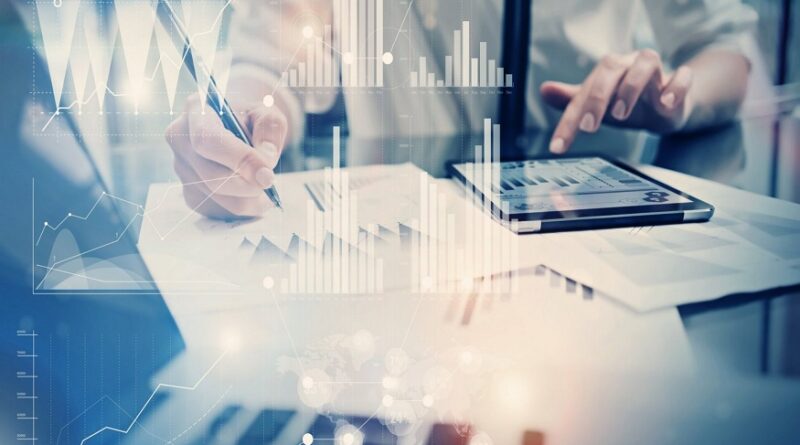The Future of Accounting: A Technological Revolution
Accounting has come a long way from the days of ledgers and handwritten financial records. In recent years, technological advancements have been reshaping the accounting profession at an unprecedented pace. The future of accounting is bright, and it’s closely intertwined with cutting-edge technology. In this article, we will explore the exciting transformations occurring in the field and how they will impact accountants and businesses.
The Digital Transformation
One of the most profound changes in accounting is the shift from traditional, paper-based methods to digital solutions. Cloud-based accounting software has become the industry standard, allowing for real-time data entry, collaboration, and accessibility from anywhere in the world. This transition has improved accuracy, efficiency, and data security, reducing the risk of errors and fraud.
Automation and Artificial Intelligence
Artificial intelligence (AI) and automation are poised to revolutionize accounting processes. Repetitive and time-consuming tasks like data entry, invoice processing, and reconciliation can now be performed by AI-powered tools. This not only frees up accountants to focus on higher-value tasks but also enhances accuracy and reduces the likelihood of human errors.
Machine learning algorithms can analyze vast datasets and identify patterns that might be overlooked by human accountants. This capability has the potential to improve financial forecasting and risk assessment, providing businesses with valuable insights to make informed decisions.
Blockchain Technology
Blockchain technology, known primarily for its role in cryptocurrencies like Bitcoin, is making waves in the accounting world. Blockchain’s inherent transparency and immutability make it an ideal solution for secure and transparent record-keeping. Transactions recorded on a blockchain are virtually tamper-proof, reducing the risk of fraud and ensuring data integrity.
Smart contracts, self-executing agreements with predefined rules, are another aspect of blockchain that can streamline accounting processes. These contracts automatically execute and enforce financial transactions, reducing the need for intermediaries and enhancing efficiency.
Data Analytics and Visualization
Data analytics tools are becoming indispensable for accountants. They can analyze financial data to uncover trends, anomalies, and opportunities. Advanced visualization techniques turn complex data into understandable and actionable insights, aiding in decision-making processes.
Predictive analytics can forecast future financial scenarios and identify potential risks, helping businesses proactively address financial challenges. As the volume of data continues to grow, data analytics will play an increasingly crucial role in accounting.
Cybersecurity and Data Privacy
With the digitization of financial data, cybersecurity and data privacy have become paramount concerns. Accountants must stay vigilant to protect sensitive financial information from cyberattacks and breaches. The future of accounting will require a heightened focus on cybersecurity measures, including multi-factor authentication, encryption, and continuous monitoring.
The Rise of Virtual CFOs
Virtual Chief Financial Officers (CFOs) are a growing trend in the world of accounting. These professionals provide high-level financial guidance to businesses on a remote basis. Leveraging technology, virtual CFOs can offer valuable financial insights, budgeting, and strategic planning services without the need for a full-time, in-house CFO.
Education and Training
To thrive in the future of accounting, professionals will need to continually update their skills. Educational institutions and professional organizations are adapting to the changing landscape by offering courses and certifications in areas like data analytics, blockchain, and cybersecurity. Lifelong learning will be essential for accountants to stay relevant in the evolving industry.
Conclusion
The future of accounting is a dynamic landscape shaped by technology, data, and innovation. Accountants are no longer just number crunchers; they are data analysts, strategists, and cybersecurity experts. Embracing these changes and staying current with technological advancements will be crucial for accountants and businesses alike. As the profession evolves, it will continue to provide invaluable insights and support to organizations navigating the complexities of modern finance. The future of accounting is not just about numbers; it’s about leveraging technology to unlock new possibilities and drive success in an ever-changing business world.

